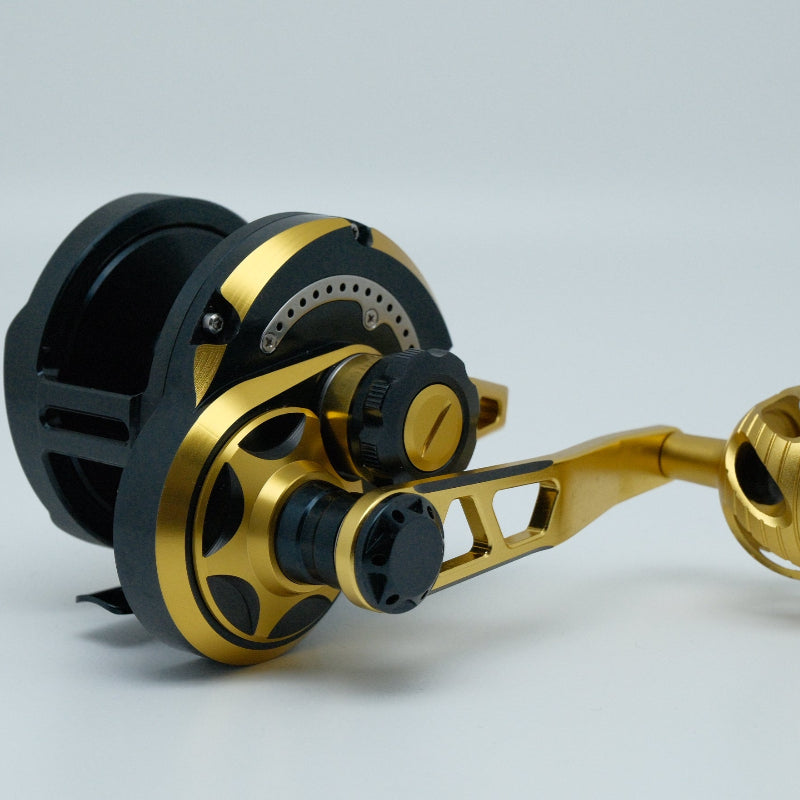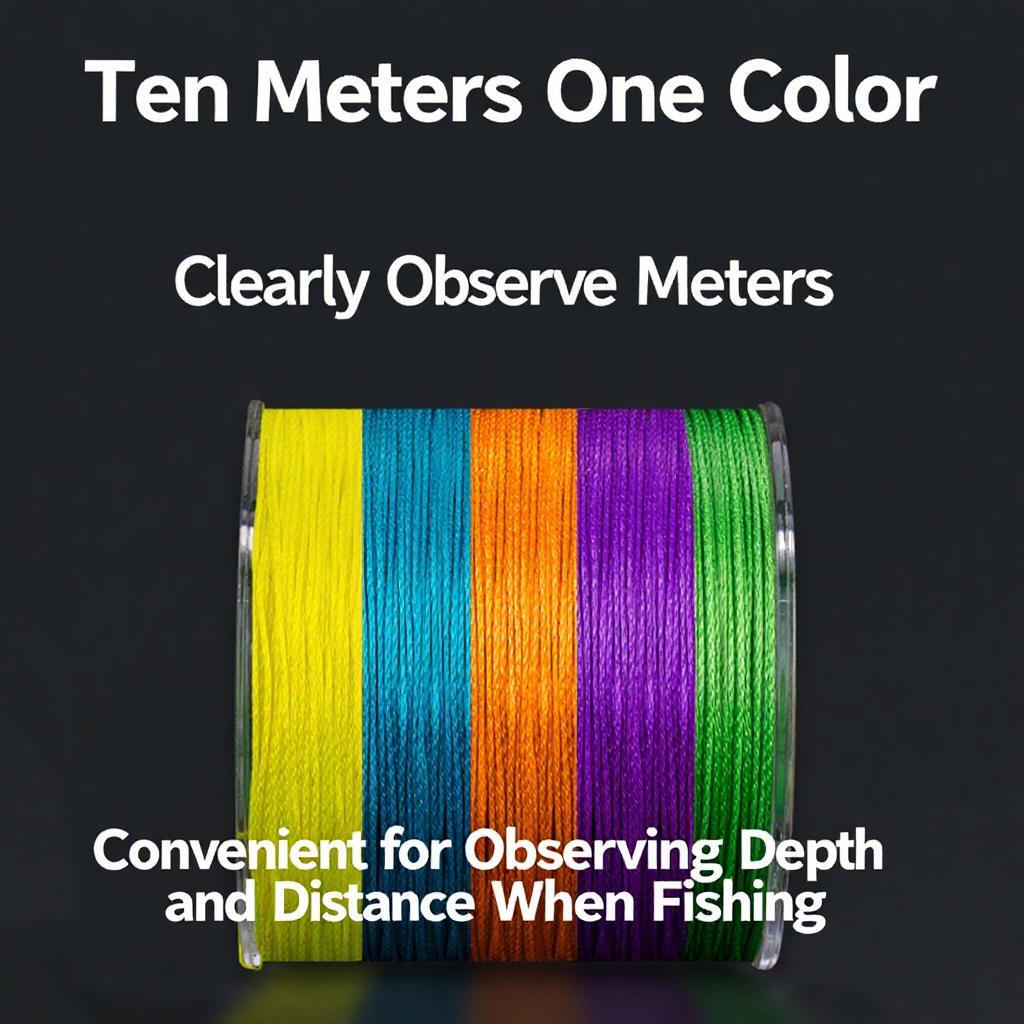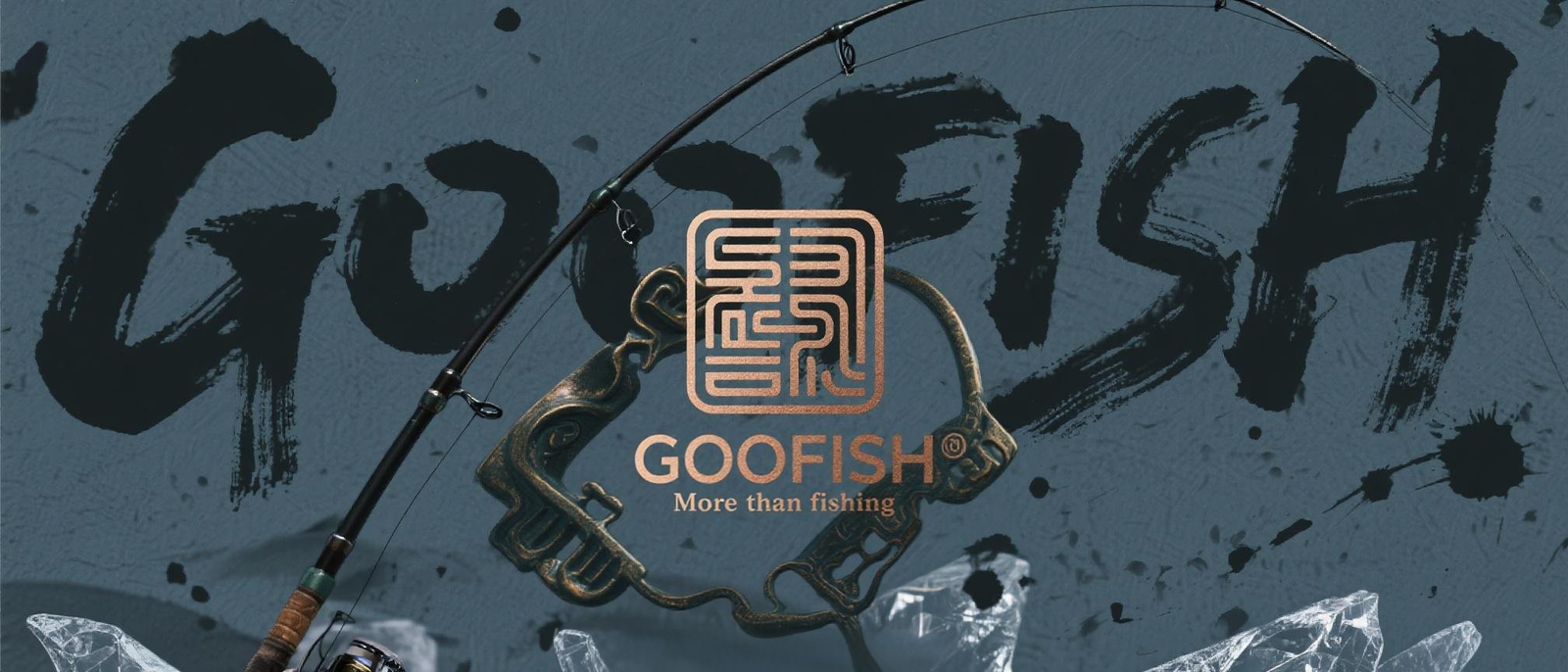Title: From the Book of Songs to The Old Man and the Sea: How Fishing Evolved into a Timeless "Spiritual Totem" of Human Civilization
Meta Description: Explore the journey of fishing from ancient poetic verses and literary epics to modern recreational art, where ancient traditions meet cutting-edge gear like the eupro GT Monster Popping Rod—uncovering how this craft became a universal symbol of patience, connection, and transcendence.
Introduction: A Thread of Civilization Woven in Water
For millennia, fishing has transcended its role as a survival skill to become a mirror of human culture. In China’s Book of Songs (“诗经”), verses like “The fisherman rows his boat, his line goes far—/ Fishing for carp and bream, a gift for home” (《诗经·卫风·竹竿》) captured not just sustenance but a symbiotic relationship with nature. Fast-forward to Ernest Hemingway’s The Old Man and the Sea, where Santiago’s battle with the marlin transforms fishing into a metaphor for resilience and the human spirit. Today, as modern anglers wield tools like the dark matter tuna popping rod and eupro ocean blue popping rod, the story of fishing evolves—blending ancient reverence with innovative technology. This fishing blog explores how fishing became a “spiritual totem,” bridging epochs and cultures through tradition, literature, and evolving craftsmanship.
1. Ancient Roots: Fishing as Sacred Ritual and Literary Muse
From the Yellow River to the Nile, early civilizations revered fishing as both practical and spiritual. In ancient China, the Book of Songs depicted angling not just for food but as a poetic act—echoing Confucian ideals of harmony with nature. Similarly, Egyptian hieroglyphs show pharaohs fishing as a symbol of divine provision, while Greek mythology framed Poseidon, the sea god, as the patron of anglers. Fishing’s spiritual dimension was cemented in literature: the Greek poet Oppian’s Halieutica (2nd century CE) celebrated angling as a dance with the ocean, framing it as both art and communion.
These early narratives laid the groundwork for fishing’s dual identity—a means of survival and a quest for meaning. The tools of the trade—wooden rods, braided lines—were humble, yet their purpose transcended utility, embodying human ingenuity and respect for the natural world.
2. Fishing in Literature: From Epic Struggle to Existential Allegory
Fast-forward to the 20th century, and Hemingway’s The Old Man and the Sea redefined fishing as a literary touchstone. Santiago’s 84-day journey to catch the marlin became a parable for perseverance, with his trusty skiff and harpoon serving as extensions of his indomitable will. The novella elevated fishing from a pastime to a mirror of the human condition—where the struggle with nature mirrored inner battles, and the act of letting go (releasing the marlin’s skeleton to sharks) spoke to humility and legacy.
Hemingway’s prose mirrored ancient themes: just as the Book of Songs celebrated connection to nature, The Old Man and the Sea honored the angler’s solitary journey. Fishing gear, too, evolved as a symbol—Santiago’s worn rod represented resilience, much like the modern jigging world ghost hunter 200 or eupro GT Monster popping rod, which blend durability with precision, reflecting humanity’s ongoing quest to honor tradition while embracing innovation.
3. Modern Fishing: Where Tech Meets Tradition
Today, fishing is a global phenomenon that bridges heritage and cutting-edge design. Enthusiasts no longer wield simple wooden rods; they carry tools engineered for precision and sustainability, such as the eupro popping rod—a marvel of composite materials designed to mimic the fluidity of ocean currents. These rods, paired with modern “popping” techniques (a rhythmic retrieval method that mimics prey movement), allow anglers to target species like tuna with unprecedented finesse.
Consider the dark matter tuna popping rod: its name itself evokes mystery and power, reflecting how modern gear transcends functionality to embody aspiration. Anglers today use these tools not just to catch fish, but to connect with the same wildness that inspired ancient poets and Hemingway’s protagonist. The act of casting a line—whether with a primitive reed or a carbon-fiber eupro ocean blue popping rod—remains a ritual of patience, a pause to engage with the rhythm of water and wind.
4. Why Fishing Endures: A Spiritual Legacy for All Ages
Fishing’s status as a “spiritual totem” lies in its ability to adapt while preserving core values:
- Connection to Nature: From the Book of Songs’ reverent verses to modern catch-and-release practices, fishing encourages mindfulness—a reminder of our place in ecosystems.
- Solitude and Reflection: Like Santiago’s sea voyage, angling offers a space for introspection, where the rhythmic “plop” of a bait hitting water drowns out noise, fostering presence.
- Legacy and Craftsmanship: Tools like the jigging world ghost hunter 200 honor generations of anglers who refined techniques, much as ancient scribes preserved fishing in verse.
In an age of digital overload, fishing remains a counterbalance—a physical and metaphysical journey that bridges the past and present. Whether using a humble handline or a high-tech eupro popping rod, anglers carry forward a tradition that is as much about who we are as what we do.
Conclusion: Casting the Line into Eternity
From the banks of the Wei River to the shores of Cuba, fishing has woven itself into the fabric of human story. It began as a poem in the Book of Songs, became an epic in The Old Man and the Sea, and today thrives as a fusion of heritage and innovation—with tools like the eupro GT Monster popping rod bridging epochs. As we cast our lines, we’re not just seeking fish; we’re honoring a legacy of wonder, resilience, and the quiet magic of connecting with the wild. In fishing, we find not just a hobby, but a mirror—reflecting our deepest hopes for harmony, adventure, and transcendence.











Leave a comment